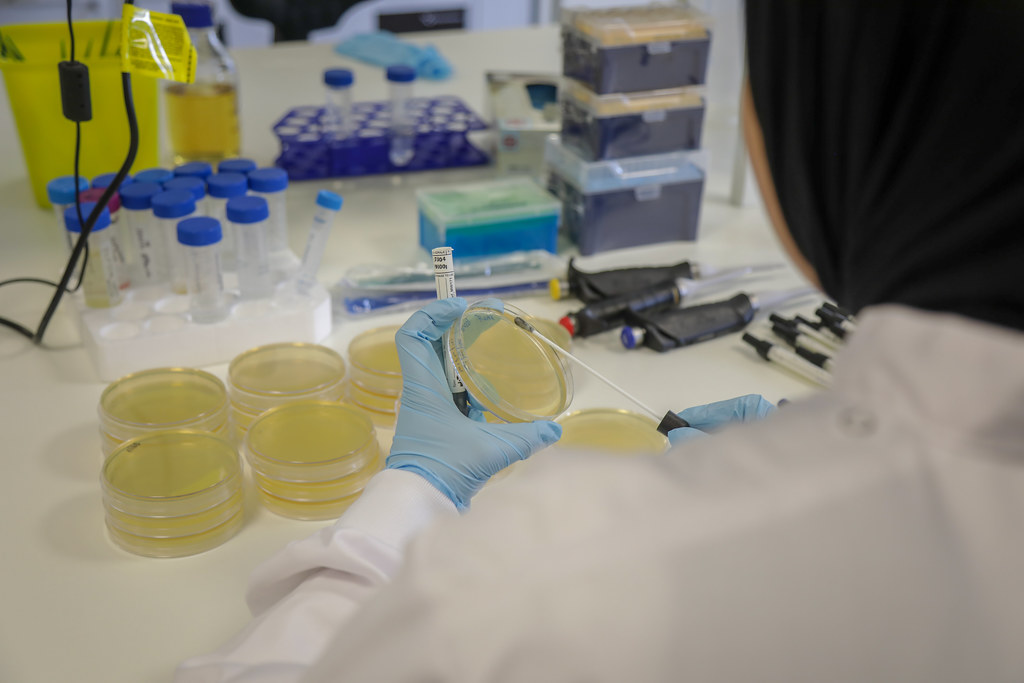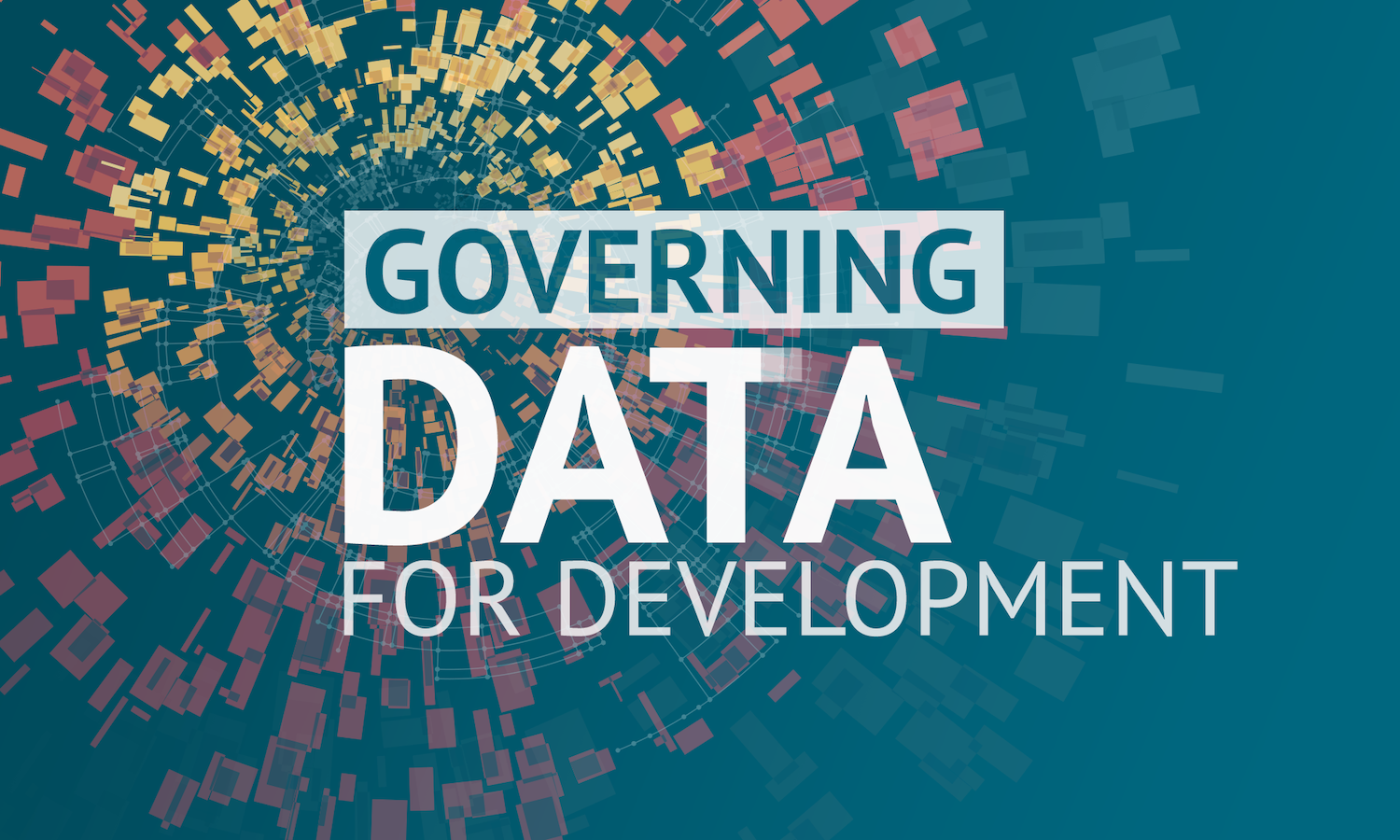About Us
Active?
Facet Toggle
June 27, 2022
While there have been high-level commitments from the World Health Assembly, the United Nations General Assembly (UNGA), the G20, and the G7 to tackle AMR, there has yet to be a fundamental change in how we purchase antimicrobials, or an international approach to improving access, fostering innovati...
August 11, 2020
Governments that can successfully harness the world’s ongoing digital transformation and the resulting proliferation of new datasets, data types, and data ecosystems can make better informed policy decisions and target their resources more efficiently and effectively. To achieve this goal, they must...
October 08, 2019
Learning outcomes are low and instruction is poor in many countries in the Global South. Improving learning outcomes has proven to be difficult, although the number of successful programs is growing. The effective examples have seldom been implemented at large scale, however; and the large-scale suc...
August 30, 2018
Advances in artificial intelligence, robotics, and information and communications technology have the potential to transform a range of industries and services around the world. While the effects of these changes in OECD countries have been broadly researched, their potential impacts in the developi...
April 20, 2015
The Energy Access Targets Working Group will assess the current common definition of “modern energy access” and propose possible alternative targets. With at least a billion people worldwide living without electricity, and many millions more held back by blackouts and high costs, im...
January 23, 2015
The Unintended Consequences of Rich Countries’ Anti-Money Laundering Policies on Poor Countries Working Group examined how rich countries might rebalance their policies to continue to protect against money laundering and terrorism financing without hindering the ability of people from poor countries...
November 25, 2014
In many large federal or decentralized countries, the majority of public spending on health is executed by state and district governments (see graph below). Improving health in these countries—and globally—depends on improving the sufficiency, efficiency, and effectiveness of health spendi...



